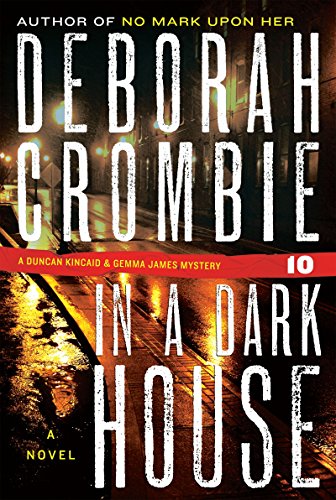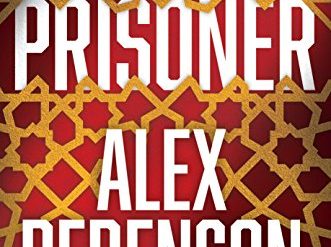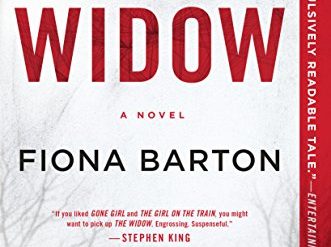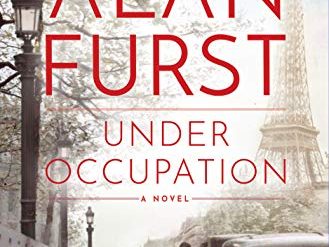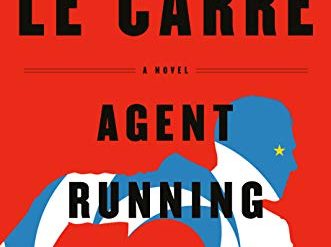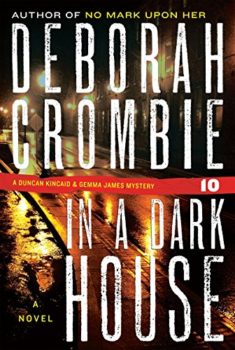
Estimated reading time: 4 minutes
Why read mystery stories? What is it about the experience that compels me to return, time after time, to the novels of author Deborah Crombie, Elmore Leonard, Elizabeth George, Ian Rankin, Michael Connolly, and a dozen others? After all, I read about as many novels about murder and mayhem as I do both nonfiction and “serious” fiction combined. Why?
This question comes to mind with special poignancy as I sit down to review one of Deborah Crombie’s finely wrought police procedurals, In a Dark House. Immediately beforehand, I read Bob Woodward’s Obama’s Wars, his skillful recounting of the months-long policy-making process that led to President Obama’s decision to send an additional 30,000 U.S. troops to Afghanistan in 2010—and start withdrawing them in July 2011. And just after finishing In a Dark House, I devoured William Kamkwamba and Bryan Mealer’s The Boy Who Harnessed the Wind, the inspirational tale of a seventh-grade dropout in Malawi who taught himself physics from an outdated textbook and constructed an operating windmill from scrapyard junk to produce electricity for his father’s farm.
In a Dark House (Gemma James and Duncan Kincaid #10) by Deborah Crombie (2009) 412 pages ★★★★☆
It’s clear to me what I got from reading Woodward and Kamkwamba. The former illuminating the day-to-day reality of decision-making in the White House that resulted in one of the most significant U.S. foreign policy decisions in recent years. The latter helped me understand the crushing weight of poverty, famine, and ignorance—and how an exceptional individual can overcome them with dogged persistence, supportive friends, and a touch of genius.
So, what moved me to read In a Dark House when I might otherwise have turned to one of the dozens of highly acclaimed novels and nonfiction books in my reading queue? I can think of four reasons
1. Reconnecting with old friends
I’ve grown attracted to Crombie’s police duo, Inspector Gemma James and Superintendant Duncan Kincaid, both of Scotland Yard. Picking up another of Crombie’s novels is like reconnecting with old friends. I feel as though I’m getting to know them well. And I like them.
2. Skillful writing
As a writer, I admire Deborah Crombie’s skill in character development, plotting, and scene-setting. And I’m in awe of a woman who lives in a small North Texas town who manages to write—apparently with ease—English police procedurals, some of which even win prizes in England!
3. Pleasant distraction
The tension that builds within me as the plot unfolds in a skillful mystery story is pleasantly distracting. Reading one of these books is like losing myself in a great film, temporarily oblivious to the real world with its real problems and real annoyances.
4. Learning something new
A well-written mystery novel takes place in a world that’s new to me. It piques my curiosity. In a Dark House explores the realm of fire and arson. The details revealed in the story reflect the author’s careful research, and—for a brief time, at least, before the knowledge slips between the cracks of my memory—I understand a little more about this fascinating topic.
There’s nothing truly extraordinary about In a Dark House. I’m sure I’ll remember little or nothing about it six months or a year from now. But it was a rewarding experience while it lasted. And that’s probably enough.
For related reading
You might also enjoy my posts:
- 26 mysteries to keep you reading at night
- Top 10 mystery and thriller series
- 20 excellent standalone mysteries and thrillers
- 30 outstanding detective series from around the world
- Top 20 suspenseful detective novels
- Top 10 historical mysteries and thrillers
And you can always find my most popular reviews, and the most recent ones, on the Home Page.

